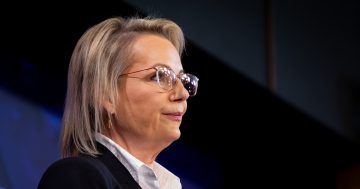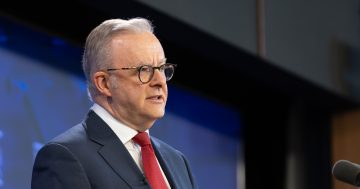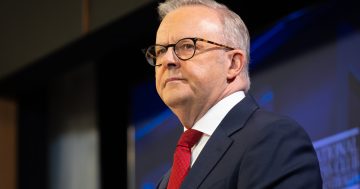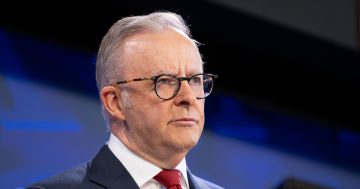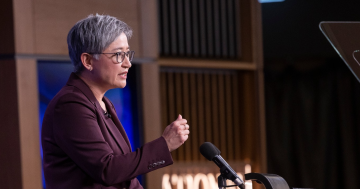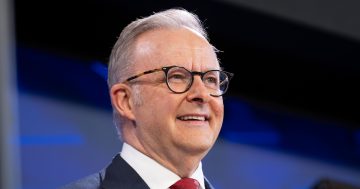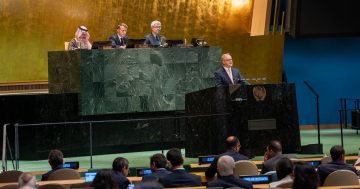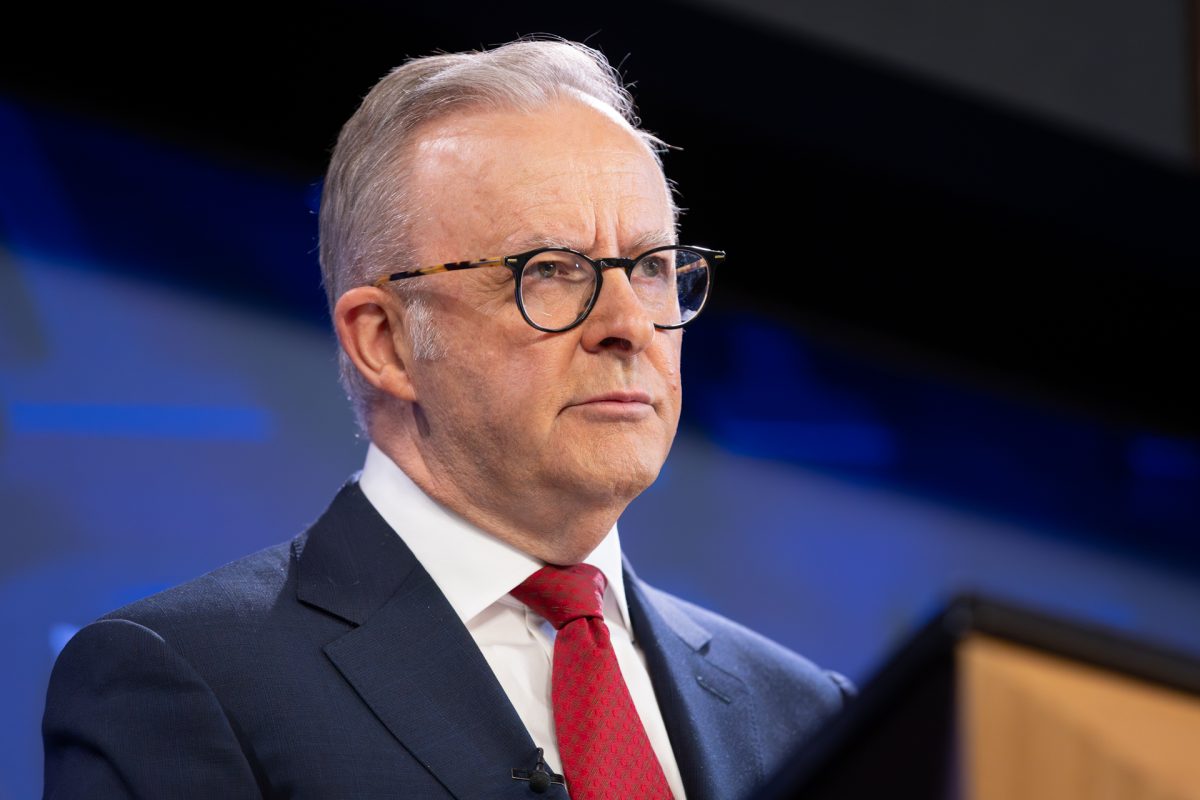
Prime Minister Anthony Albanese says Australia will recognise Palestinian statehood. Photo: Thomas Lucraft.
Australia will formally recognise the State of Palestine at the next session of the United Nations General Assembly in September.
Anthony Albanese announced the decision on Monday (11 August), saying the war in Gaza had gone too far and Australia will contribute to international momentum towards a two-state solution, a ceasefire in Gaza and release of the hostages.
“Australia will recognise the State of Palestine. Australia will recognise the right of the Palestinian people to a state of their own, predicated on the commitments Australia has received from the Palestinian Authority,” the Prime Minister said.
“A two-state solution is humanity’s best hope to break the cycle of violence in the Middle East and to bring an end to the conflict, suffering and starvation in Gaza.”
The recognition will be conditional on Hamas playing no future role in governing Palestine, and Australia will work with the international community to make Palestinian statehood a reality.
Mr Albanese said Australia has supported Israel’s existence since 1947 and in that year recommended the creation of two states side by side.
“Then, as now, the international community understood a two-state solution was the basis of peace and security for the peoples of the region,” he said.
“Australia was the first country to raise its hand at the United Nations in support of Resolution 181, to create the State of Israel and a Palestinian state.
“More than 77 years later, the world can no longer wait for the implementation of that resolution to be negotiated between the parties.
“Australia’s decision helps build the historic global momentum to break the cycle of violence in the Middle East.”
Mr Albanese said the risk of trying is nothing compared to the danger of letting this moment “pass us by”.
The toll of the status quo, he said, is growing by the day and it could be measured in innocent lives.
The Prime Minister said his Israeli counterpart, Benjamin Netanyahu, was extinguishing the prospect of a two-state solution by rapidly expanding illegal settlements, threatening annexation in the Occupied Palestinian Territories, and explicitly opposing any Palestinian state.
“Australia is further compelled by the Netanyahu government’s disregard of the international community’s calls, and its failure to comply with its legal and ethical obligations in Gaza,” he said.
“Israel is required to protect civilians and ensure the provision of food and medical supplies.
“Permanent forced displacement of civilians is illegal. Palestinian children deserve a future that looks nothing like their reality today.”
Foreign Minister Penny Wong said the UN gathering was the right time to offer Australia’s recognition.
“Australians, people around the world, have been haunted by the images,” she said.
“We have always said that Palestinian civilians cannot be made to pay the price of defeating Hamas. But a whole population has been shattered.
“We made clear we would recognise Palestine when it would best contribute momentum to peace. September is that time.”
While the Greens support the move, the Coalition has expressed concern at the government’s decision.
Shadow Defence Minister Angus Taylor said the announcement was vague and premature.
He wants more information about the conditions the Prime Minister has outlined.
“There is no clarity from the government on these preconditions and, frankly, that’s because they haven’t been met,” Mr Taylor said.
“We’re not there yet, and the risk is this is then premature, that it doesn’t bring the tragedy that we’ve seen to an end, that it’s ongoing, and that we don’t see the lasting peace that we all want.”
The United Kingdom, France and Canada have all stated their intentions to recognise Palestine at the UN General Assembly, and New Zealand has said it is carefully weighing the decision.
But the United States is not so inclined, and as a permanent member of the UN Security Council, it has the power to veto any resolution to recognise Palestine.
It has previously used that veto right against Palestinian statehood, even though 147 of the 193 UN member states currently recognise Palestine’s sovereignty.
Senator Wong confirmed she had discussed the matter with US Secretary of State Marco Rubio.
Original Article published by Chris Johnson on Region Canberra.


